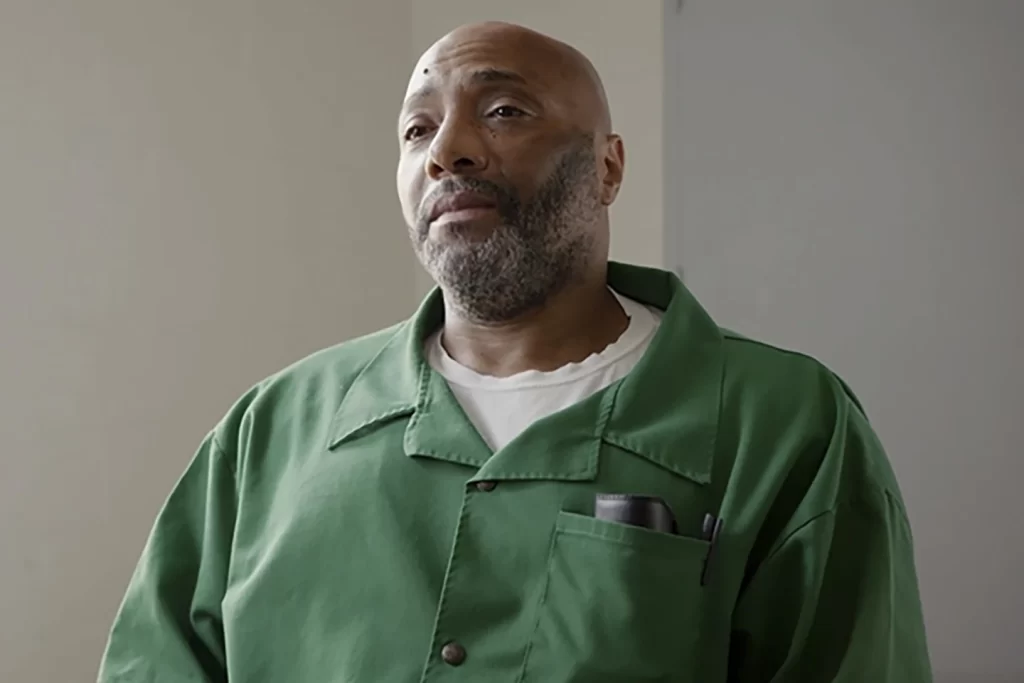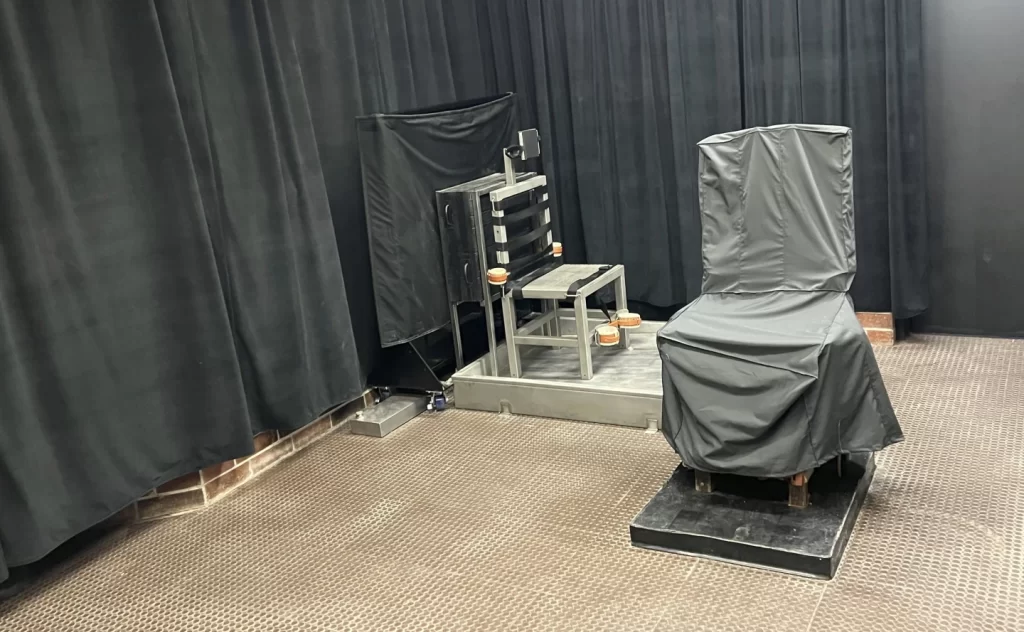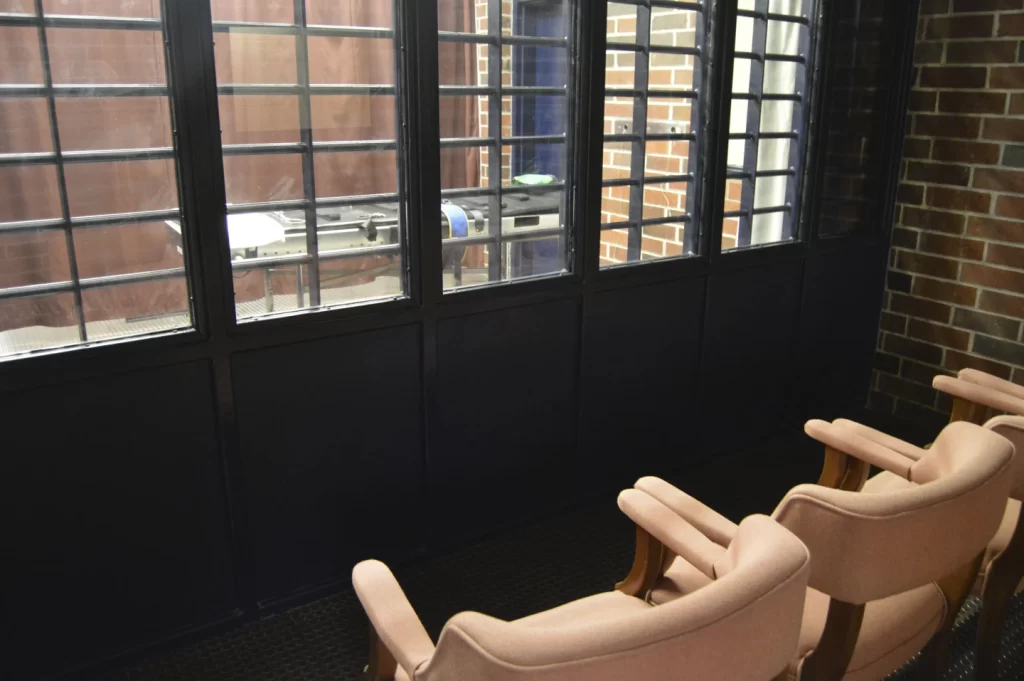South Carolina put Richard Moore to death by lethal injection Friday for the 1999 fatal shooting of a convenience store clerk, despite a broad appeal for mercy by parties that included three jurors and the judge from his trial, a former prison director, pastors and members of his family.

Moore, 59, was convicted of killing James Mahoney, the Spartanburg clerk, in September 1999 and sentenced to death two years later. Moore went into the store unarmed, took a gun from the victim when it was pointed at him and fatally shot him in the chest as the victim shot him with a second gun in the arm.
Moore’s lawyers argued his case did not warrant the death penalty, citing his spotless prison record and willingness to mentor other inmates. They also said it would be unjust to execute someone for what could be considered self-defense, and unfair that Moore, who is Black, was the only inmate on the state’s death row convicted by a jury without any African Americans.
However, Republican Governor Henry McMaster refused to grant clemency, saying he had reviewed all the materials submitted by Moore’s lawyers and spoken to the victim’s family. No South Carolina governor has reduced a death sentence, and 45 executions have been carried out in the state since the U.S. Supreme Court allowed states to restart them nearly 50 years ago.

The execution proceeded despite pleas for leniency from three jurors who condemned Moore to death in 2001, his trial judge, a former state prison director, his son and daughter, and several pastors. They all said Moore, 59, was a changed man who loved God and mentored other prisoners after his drug addiction led to the fatal shooting.
“He was not a danger to anyone, and the state eliminated a glowing example of reform and rehabilitation,” the Justice 360 law firm, which represented Moore, said in a statement. “By killing Richard, the State also created more victims. Richard’s children are now fatherless, and his grandchildren will have to grow up without their ‘Pa Pa.'”

Moore’s lawyers argued his original attorneys did not analyze the crime scene carefully and left unchallenged prosecutors’ contention that Moore, who came into the store unarmed, fired at a customer and intended to rob the store. They said no one else on South Carolina’s death row started their crime unarmed and with no intention to kill.
The execution underscores the flaws in South Carolina’s death penalty system, according to the Justice 360 firm, which stated “who is executed versus who is allowed to live out their lives in prison appears to be based on no more than chance, race, or status.” The case has sparked renewed debates over the fairness and application of capital punishment in the state.



